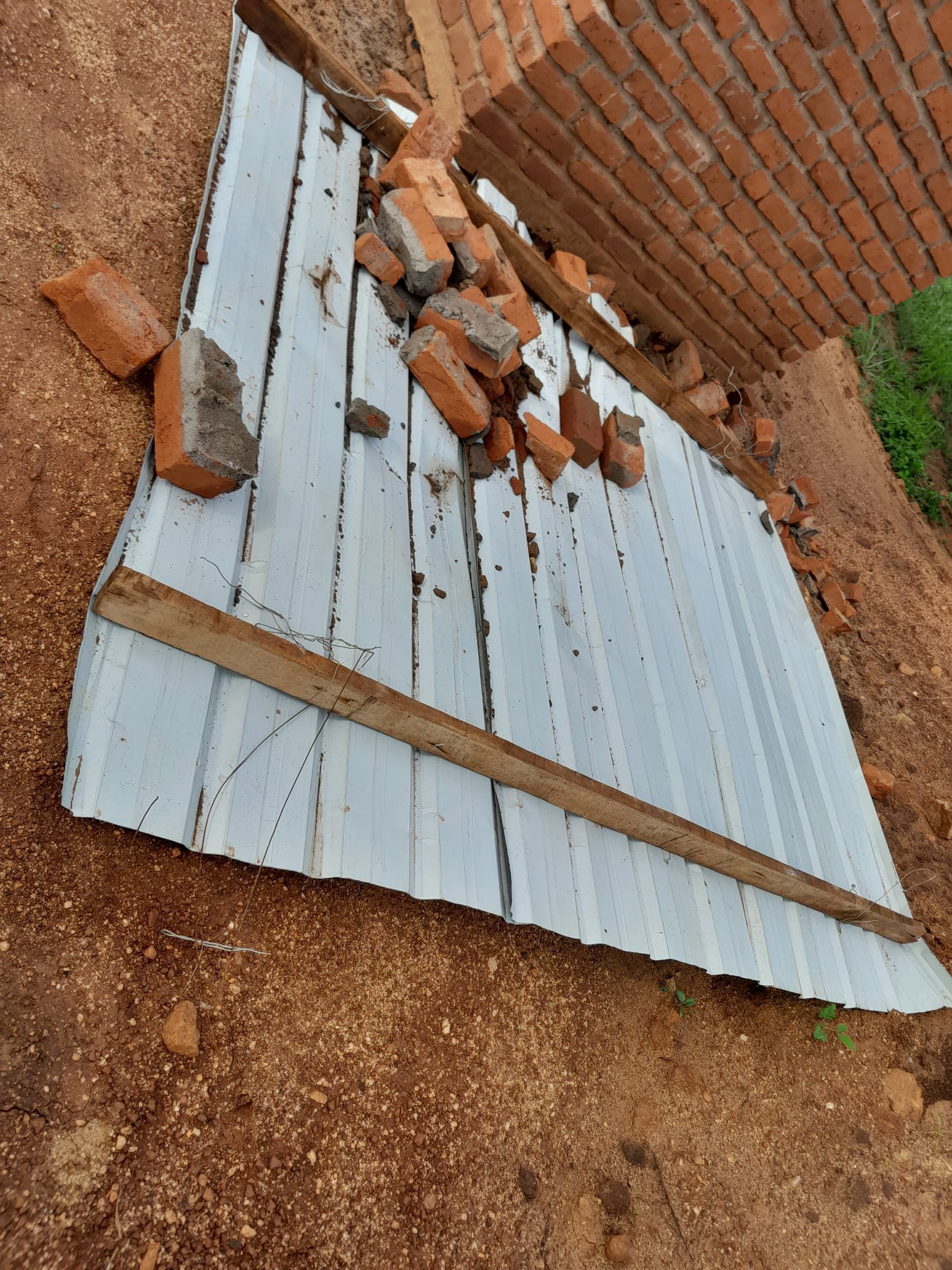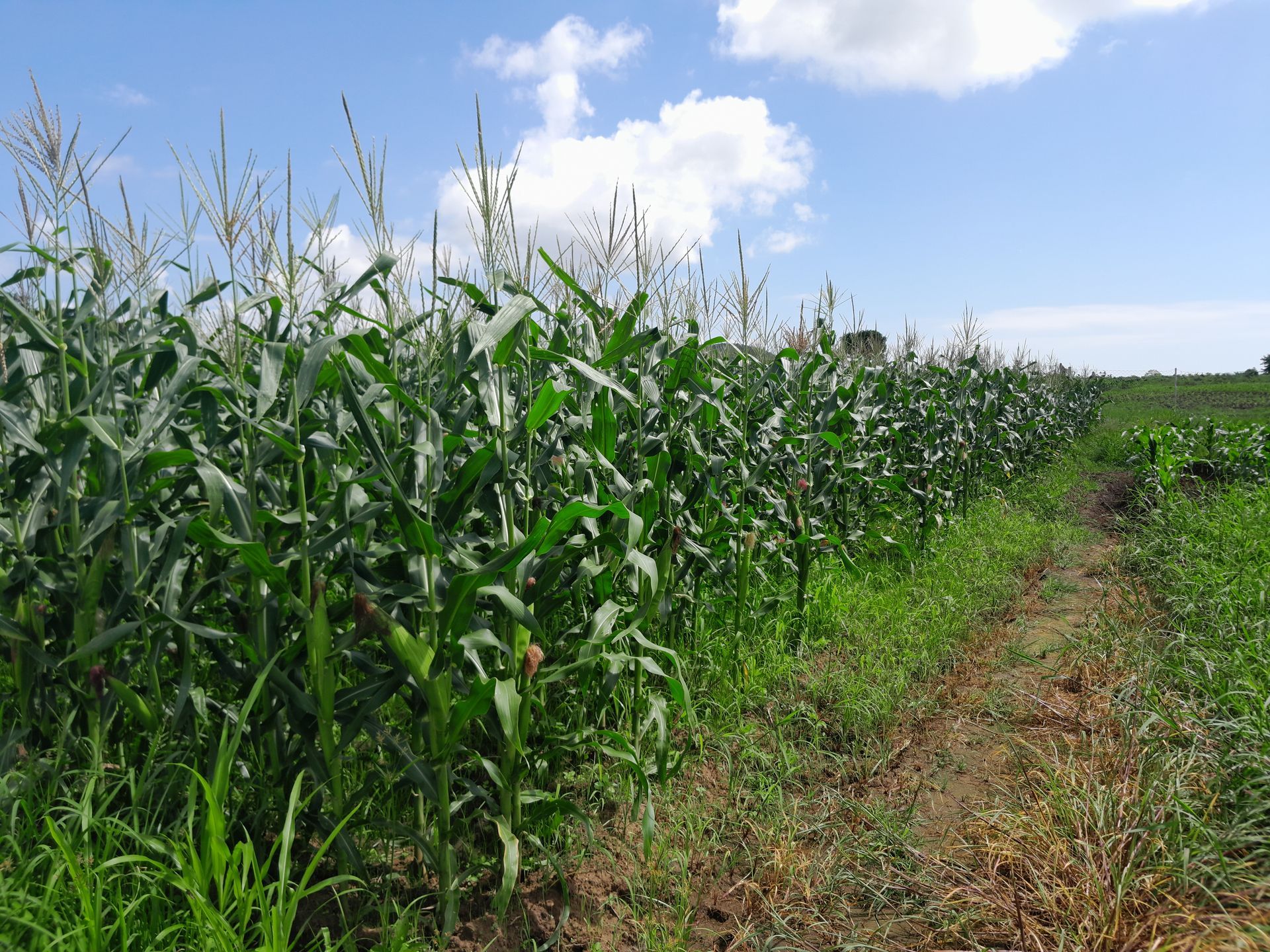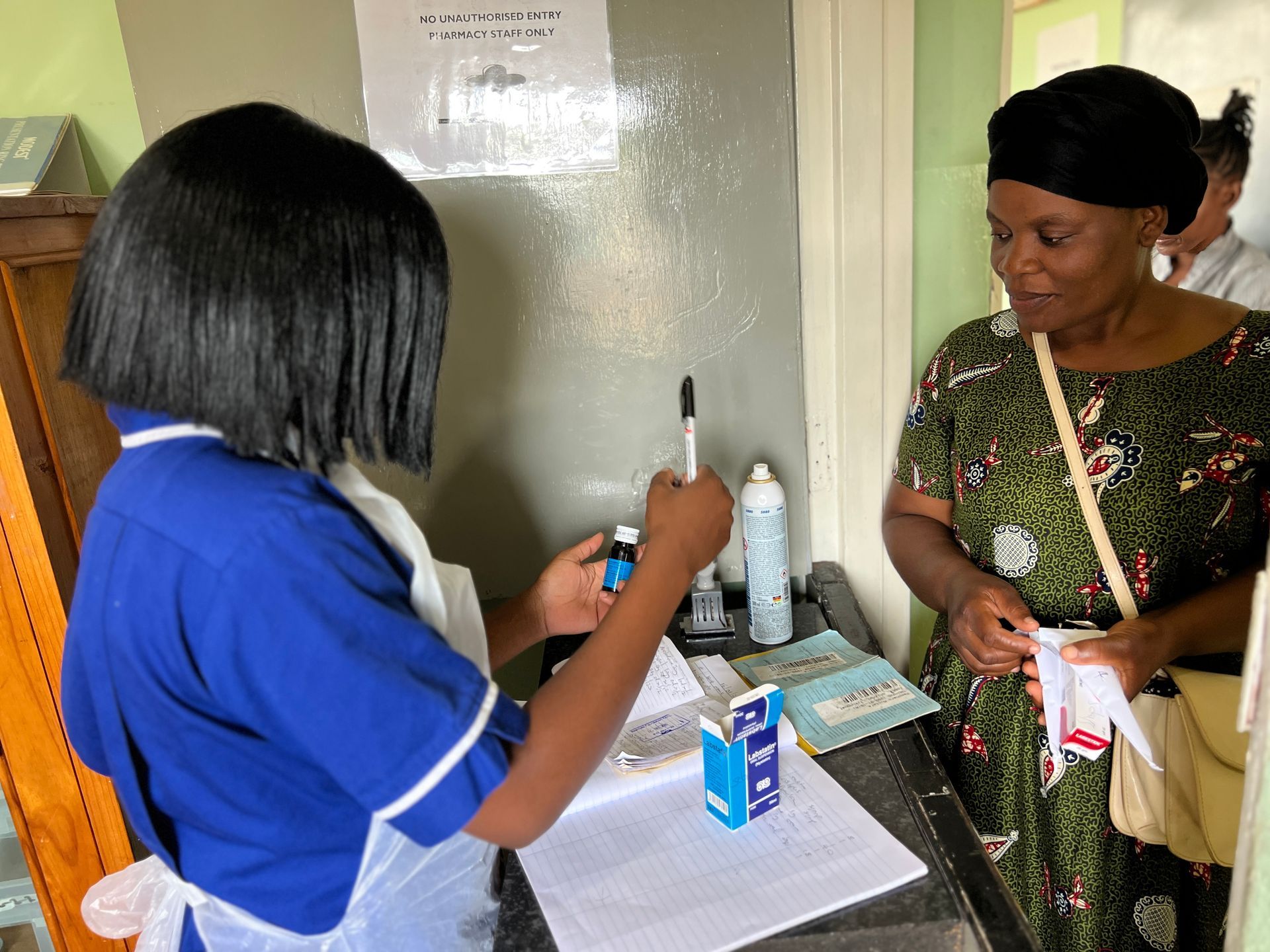Nutrition Across Borders: Examining the Stark Contrasts Between Malawi and the UAE
Contrasting Nutritional Challenges: A Comparative Study of Malawi and the UAE
Nutrition! A word defined as the process of obtaining the food necessary for health and growth. The World Health Organization (WHO) states that it is the intake of food, considered in relation to the body's dietary needs. While nutrition is a cornerstone of health and well-being, influencing everything from cognitive development to disease resistance, the state of nutrition varies drastically in different societies around the world. In this article we will explore and compare the significant nutrition challenges in Malawi and the United Arab Emirates (UAE), highlighting the stark contrasts between the two.
Nutritional Landscape in Malawi
Malawi, a landlocked country in south-east Africa, which continues to face severe nutritional challenges due to several distinct factors. As food insecurity is a persistent issue. There are several factors that contribute to the alarming nutritional situation in Malawi:
1. Poverty: Over half of the Malawian population lives below the poverty line, which limits the populations access to nutritious food that would be considered for a good diet.
2. Agricultural Dependence: Malawians primarily depend on maize as its their staple food, while on the other hand this a crop vulnerable to climate change, pests, and diseases, leading to frequent food shortages which does not leave the population with many options for a good diet.
3. Malnutrition: High rates of malnutrition are widespread in Malawi, with stunted growth affecting 37% of children under five, indicating chronic undernutrition and a weakened immune system with older people which leaves them prone to other diseases.
4. Limited Dietary Diversity: Diets in Malawi are often monotonous, lacking in fruits, vegetables, and protein sources, which leaves most of the population uninterested, focusing on meals that are not essential for a balanced nutrition.
On a brighter note, Malawi has shown limited progress towards diet-related non-communicable disease (NDC) targets. For example, obesity prevalence is low compared to regional averages, with 11% of adult women and 2.7% of adult men live with obesity, 6.9% of adult women and 7.9% of adult men live with diabetes.
Nutrition in the UAE
In contrast, the UAE, a wealthy nation in the Middle East, faces different nutrition-related issues to Malawi linked to its luxurious lifestyle. These may include:
1. High Rate of Non-communicable Diseases (NCD's): NCDs such as obesity, diabetes, and cardiovascular diseases are widespread in the UAE. According to Dubai Health Authority (2014), 19% of school-going children are overweight and 15% are obese in Dubai. Additionally, about 34.5% of the adult population is obese. This is due to the UAE’s Sedentary lifestyle.
2. Overnutrition: Excessive calorie intake and consumption of processed foods high in sugar, fat, and salt are quite common, leading to health complications within the fast-growing population.
3. Nutritional Deficiencies: Despite the abundance of food, there are still nutritional deficiencies in the UAE where 26% of non-pregnant women of reproductive age suffer from anaemia, and 29% of pre-school children are anaemic. The deficiency in children is associated with impaired cognitive performance, language development, increased fatigue, elevated risk to infection.
The nutritional challenges in Malawi and the UAE emphasise the complexity of global nutrition issues, which vary notably based on socioeconomic conditions, lifestyle, and access to resources. While Malawi struggles with food security the UAE battles with food choice and dietary excess. On the other hand, Malawi undernutrition and nutrient deficiencies are prevalent which impact children's growth and development, and the UAE faces over nutrition with an abundance of food leading to NCDs. Addressing the nutritional challenges in both countries requires tailored strategies:
What can be done?
For Malawi: Initiatives should focus on improving agricultural resilience, diversifying crops, and daily meals that cater to the body needs, and enhancing healthcare infrastructure. The Sparkle Foundation has recently acquired a farm and looks to diversify food options for the nutrition program. This is the first step to creating a knock-on effect that positively benefits the beneficiaries.
For the UAE: Efforts should concentrate on promoting healthy eating habits, increasing physical activity, and regulating food marketing. Public health campaigns and policies to reduce the consumption of unhealthy foods are crucial. Moreover, addressing issues like eating disorders and unsafe weight-loss methods among children and teenagers is of vital importance.
In conclusion, understanding and addressing the nutritional needs of different societies is essential for fostering global health and well-being. By acknowledging the unique challenges faced by countries like Malawi and the UAE, we can work towards creating equitable solutions that ensure everyone has access to the nutrition they need to thrive.
At Sparkle we are only getting started on addressing some of these nutritional challenges faced in Malawi. Support us and help us further our efforts.

GET INVOLVED
ABOUT
JOIN OUR MONTHLY NEWSLETTER
Contact Us
We will get back to you as soon as possible.
Please try again later.



